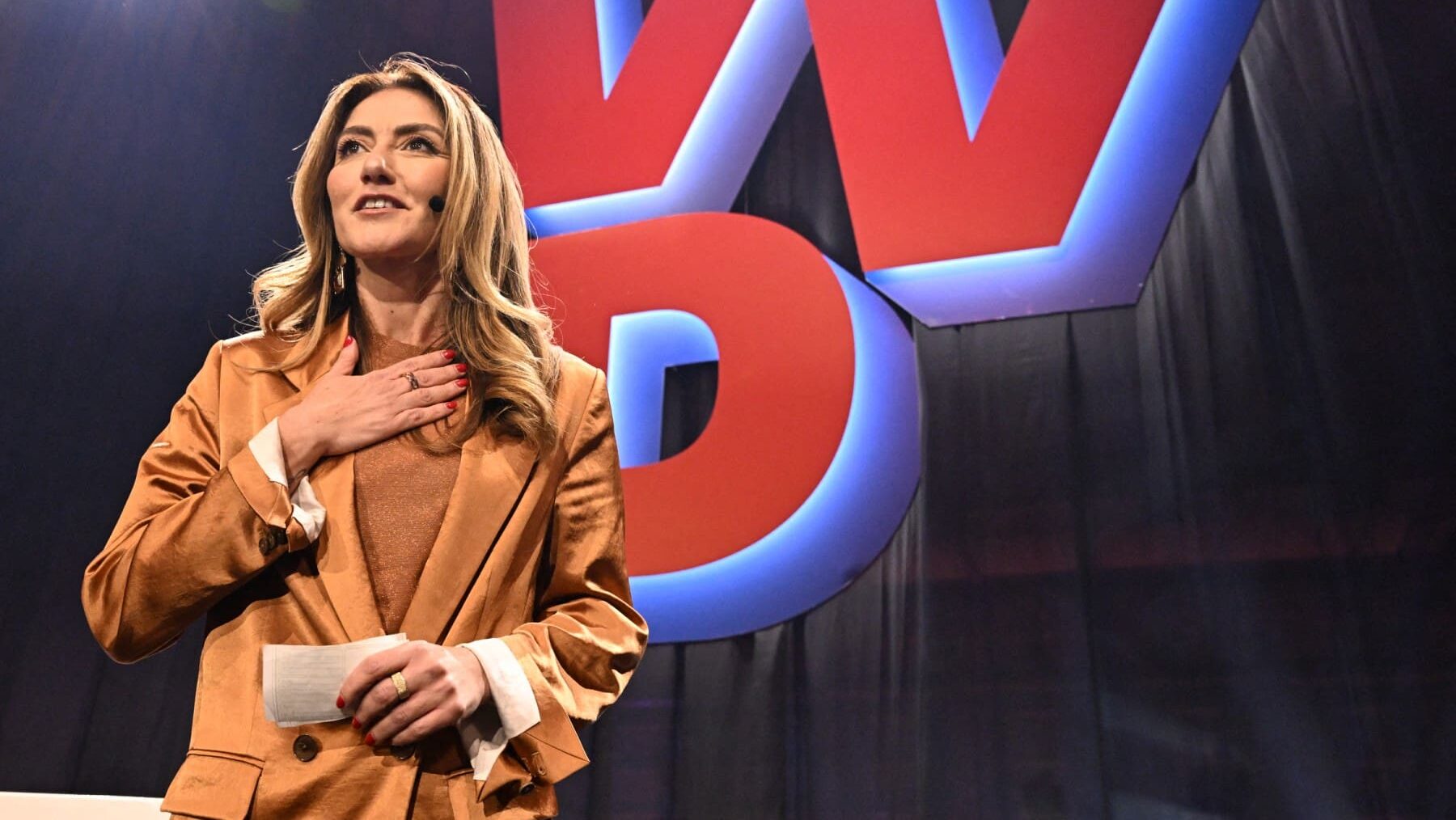
Photo: JOHN THYS / AFP
Disagreements on funding Ukraine could cause a split in the conservative Dutch coalition government, paving the way for a power grab by the EU’s former “Green Deal czar” Frans Timmermans.
According to Dutch media reports, the most liberal member of the four-party coalition, the People’s Party for Freedom and Democracy (VVD), is considering quitting the coalition if the other three parties do not agree to the European Union’s plans to take on massive debt to boost the bloc’s defence capabilities and buy more military equipment for Ukraine.
In that case, the government would lose its majority, and instead of calling snap elections, the VVD would try to form a centre-left cabinet by partnering with the GreenLeft–Labour party.
The left-wing party is led by Frans Timmermans, one of the masterminds of the EU’s Green Deal, which inflicted radical, damaging climate policies on Europe’s citizens, businesses, and farmers.
The three more conservative parties of the current Dutch government recently supported a motion in parliament which states that the Netherlands should not take out new EU loans for military aid to Ukraine.
Geert Wilders, the leader of the government’s largest formation, the right-wing nationalist Party for Freedom (PVV), said that while supporting Ukraine is of great importance, “we must prioritise the daily problems of our own people,” ensuring that they have cheaper groceries, lower rents, and reduced energy bills.
Miljarden voor onze eigen mensen we moeten nu gaan leveren: lagere huur en energierekening en goedkopere boodschappen!#DEBAT pic.twitter.com/tt0jCnmaK6
— Geert Wilders (@geertwilderspvv) March 18, 2025
Wilders has vowed to vote against a further €3.5 billion in Dutch support for Ukraine in 2026.
The liberal VVD, which has always been a pro-EU and pro-defence party, does not seem willing to make concessions on this issue, and, according to sources in The Hague, a collaboration with GreenLeft–Labour is “seriously being explored as an emergency scenario.”
This scenario would involve setting up a kind of “war cabinet,” with parties from all sides of the political spectrum that favour supporting Ukraine banding together—without holding elections. Such a solution would be presented as a necessary step “in times of crisis.”
Many European leaders have been panicking for months because they—inexplicably—see the Donald Trump-led U.S. administration’s attempts to forge a peace deal between Ukraine and Russia as an appeasement to Russia and a worrying sign for Europe.
But Wilders, who does not want Dutch soldiers to participate in a future peacekeeping mission in Ukraine, said that rearming Europe with €800 billion—as designated by the EU—may “sound nice,” and may sound as though Europe has a lot of money, but these are loans, and he himself is not in favour of taking up more common European debts.
